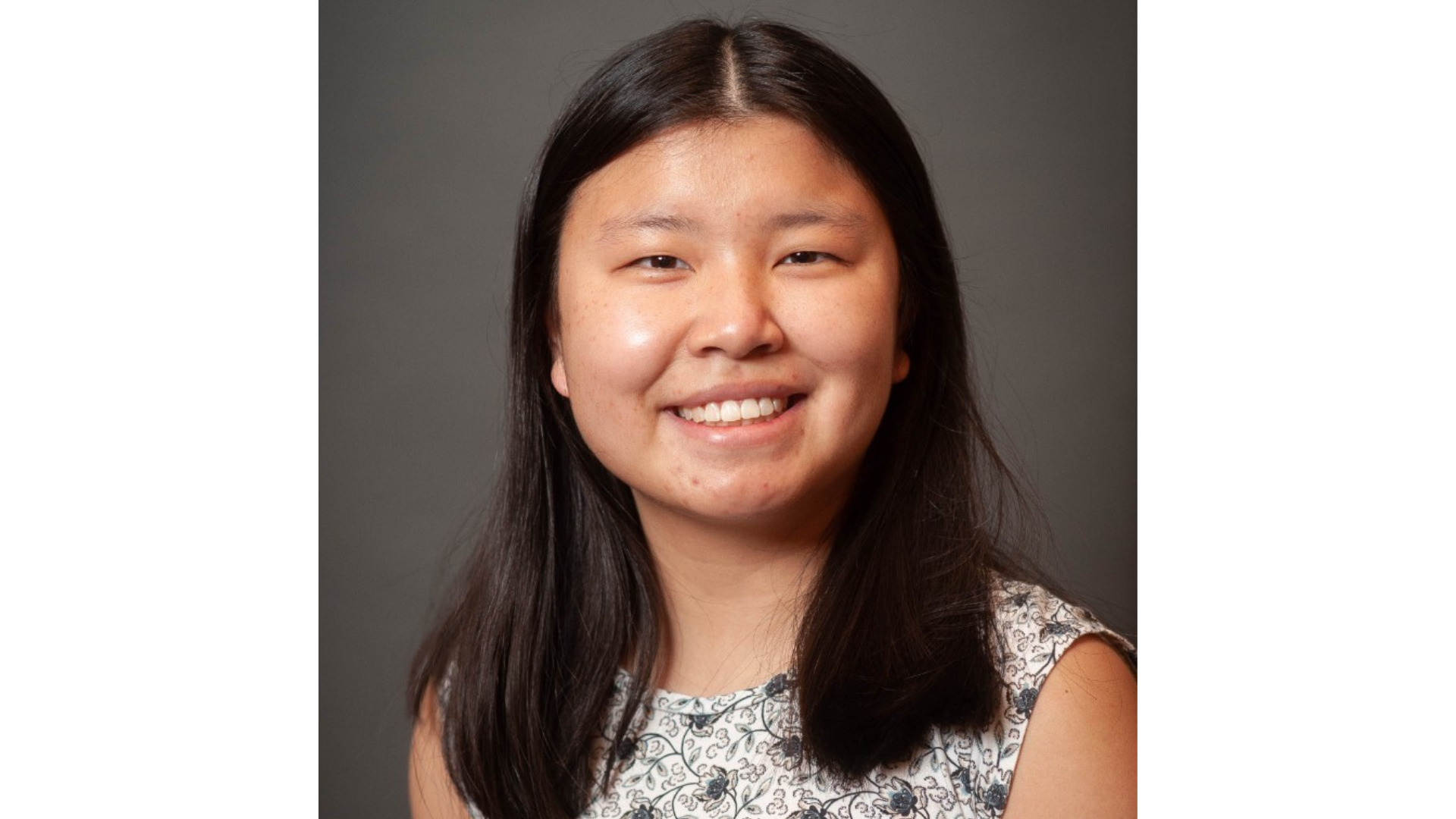Tell us about your background.
I am from Morganton, a small town in western North Carolina. I am currently a senior at Meredith College, a women’s college in Raleigh, NC, where I am majoring in Mathematics and Computer Science with a minor in Data Science.
How did you get interested in data science?
After learning about the data science field my second year at Meredith, I felt that the mix of math and coding involved was right up my alley. I heard about Meredith’s fairly new data science program from an upperclassman and registered for the first intro class to try it out. The class gave me a good foundation for the technical and reasoning skills needed for data analysis. I became more interested in data science during my second course, where we coded in R with tidyverse, learned about linear regression, and applied these skills to a variety of data sets ranging from Boston Marathon data to pro bono legal work data.
Data science also provided a new element of teamwork that I really enjoyed. I had experience with group work in class, but a datathon at NC State University allowed me to dive deep into a weekend-long project with classmates from Meredith. Although the weekend of the datathon was exhausting, my group ended with a solid presentation of our findings, I learned new methods and tools from other groups, and I left the weekend with a new eagerness to pursue data science.
Dr. Emily Lada, my data science professor, has also played an important role in my interest in the field. She has not only been a great teacher but also a strong and accomplished female role model in the industry. I feel very fortunate to have had support from dedicated and intelligent women in data science, whether they be my classmates or professors.
How did you you first discover WiDS?
Last summer I was trying to finalize a topic for my thesis research. I knew I was interested in healthcare related data and was considering focusing on healthcare in rural areas. After having difficulty finding datasets, Dr. Lada, who is also my thesis advisor, suggested I look at the WiDS Kaggle competition. The data for this year focused on women’s healthcare equity, which aligned with my goals for this project. I signed up for the competition soon after, and I’ve been working on it since!
Have you been involved with WiDS since that first experience? If so, in what way?
I have been attending the Upskill Workshops that are included with the WiDS Datathon competition, and I also plan on streaming this year’s WiDS Conference!
How has WiDS made an impact on your life and/or work?
I had previously only coded in R for data science, but the WiDS Kaggle competition resources have encouraged me to learn Python. WiDS has made it easier to approach learning the language since many of the tutorials and workshops are coded with Python and specific to the competition’s data. Not only has WiDS provided the data and basis for my thesis, the WiDS community has been supportive and helpful from my experience with the competition. Attending a women’s college has shown me the value of collaboration in an all-woman space, and I am appreciative of WiDS for providing a space for women to work and connect with each other from all over the world.
What comes next for you? And what are your hopes for women in data science in the future?
I will be pursuing a Masters in Analytics at NC State’s Institute for Advanced Analytics! Go Pack! To help manage bias and provide a wider range of viewpoints, I believe it is extremely important for women to be a part of the data science industry. I hope women will continue to enter data science and create inclusive and safe spaces for women in the industry while pursuing projects they are passionate about.
Connect with Emma Brooks.
Learn more about the WiDS 2024 Datathon.


